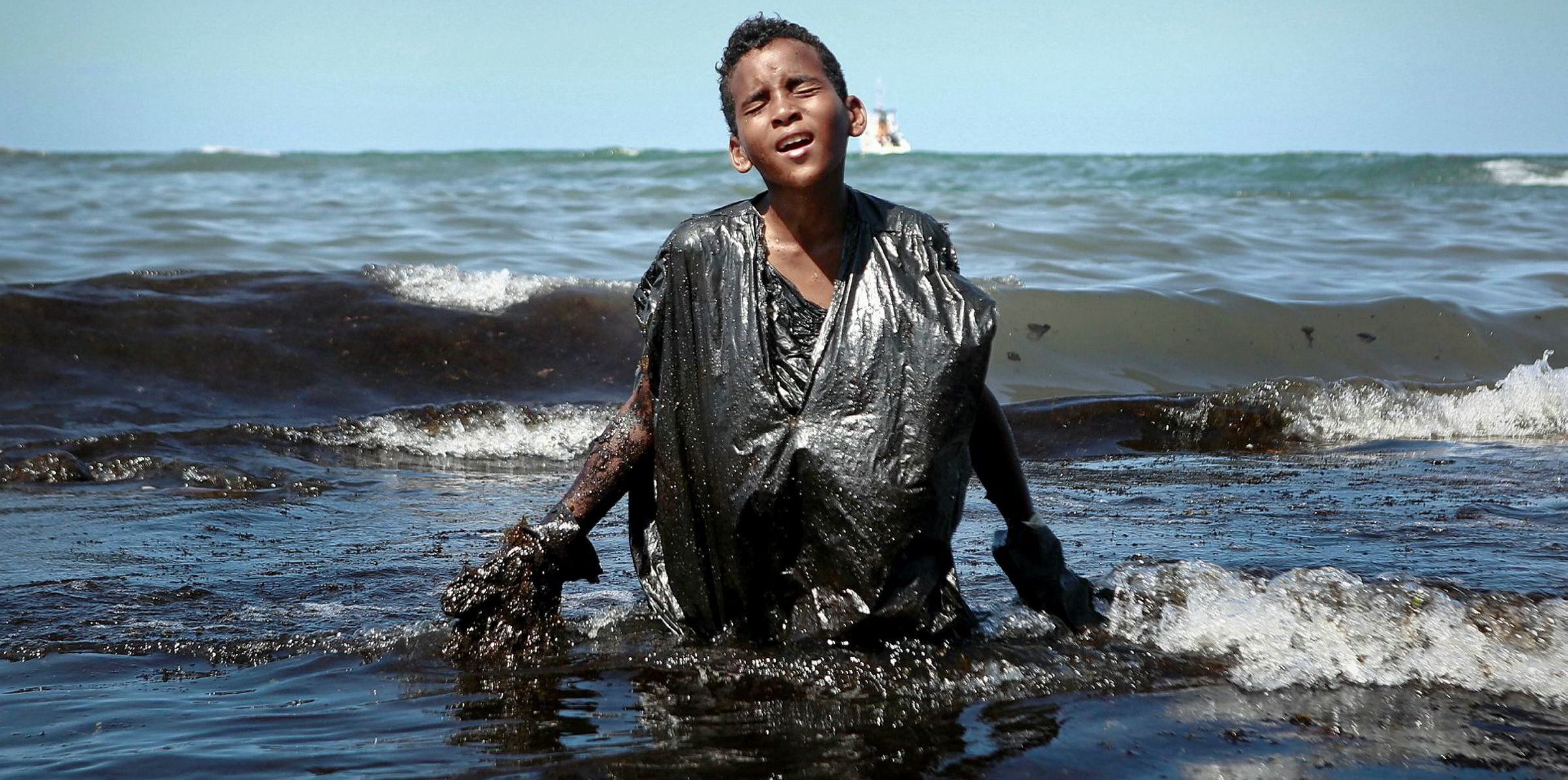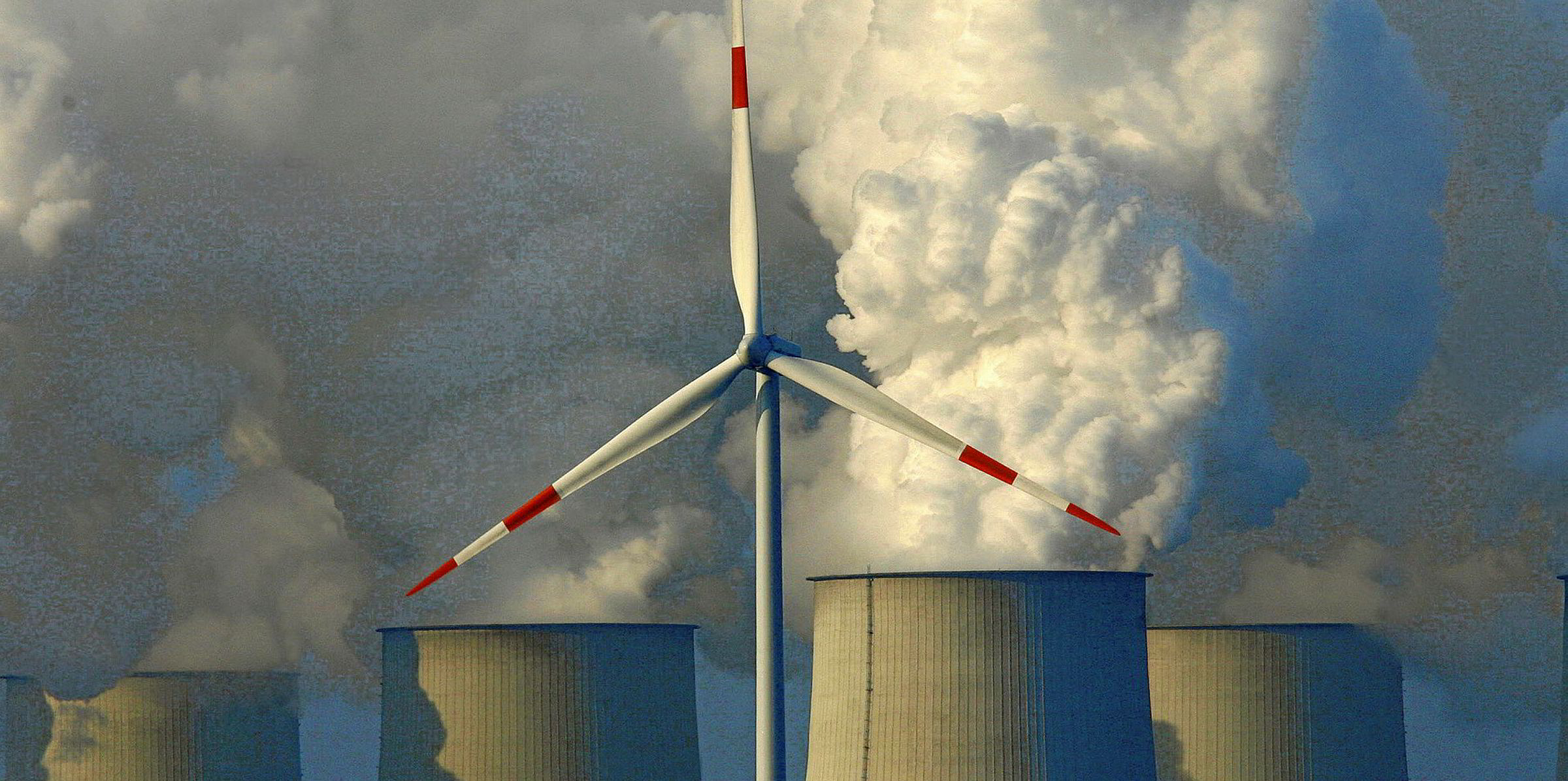Renewable offshore energy has been put at the heart of a call for action from a group of US states at the COP25 conference in Madrid urging world leaders to set “ambitious and ‘ocean-smart’” climate goals.
Top government officials from Maryland, Washington, California, Hawaii, Virginia, and Rhode Island said in a joint statement that the “transformative impacts [of climate change] to our ocean, living resources, and communities” need to be addressed with “immediate action” that included rapid expansion of marine renewable energy production.
“Climate change and its effects, including acidification, deoxygenation, ocean warming, and sea level rise, are already having serious ramifications on the ocean and the billions of people who rely on it,” said the signatories, citing the impact of ocean acidification on US east coast fisheries, sea-level rise and storm surge on shoreline communities and industrial infrastructure, and deoxygenating “marine heat waves” on wildlife and tourism.
“As leaders, we are dedicated to confronting the threat to our climate, ocean, and coastal communities,” the signatories said.
“We call on all countries, including the US, to increase their overall climate ambition and to make strong commitments to the actions identified above, such as by updating their nationally determined contributions to be ‘ocean-smart’.
The state officials said working with the US Climate Alliance and the International Alliance to Combat Ocean Acidification they were committed to:
- Decreasing greenhouse gas emissions overall and ocean-specific emissions, such as those associated with shipping and other ocean-based industries, including carbon dioxide emissions, which drive ocean acidification and storm intensification
- Increase ocean-related mitigation, through actions such as protecting and restoring ‘blue carbon’ ecosystems, including seagrass meadows, salt-marshes, kelp and mangrove forests
- Increasing the resilience of coastal ecosystems, communities, and economies through proactive planning and response
- Reducing stressors on the ocean, such as increasing the use of living shorelines, managing fisheries sustainably, minimising the risk of spills, reversing habitat degradation and reducing nutrient pollution.
The statement said this transition needed to be powered by the development of “clean and renewable energy that is balanced and diverse”.
“Without action, the impacts of climate change on our ocean will become increasingly challenging and costly,” said the signatories.



